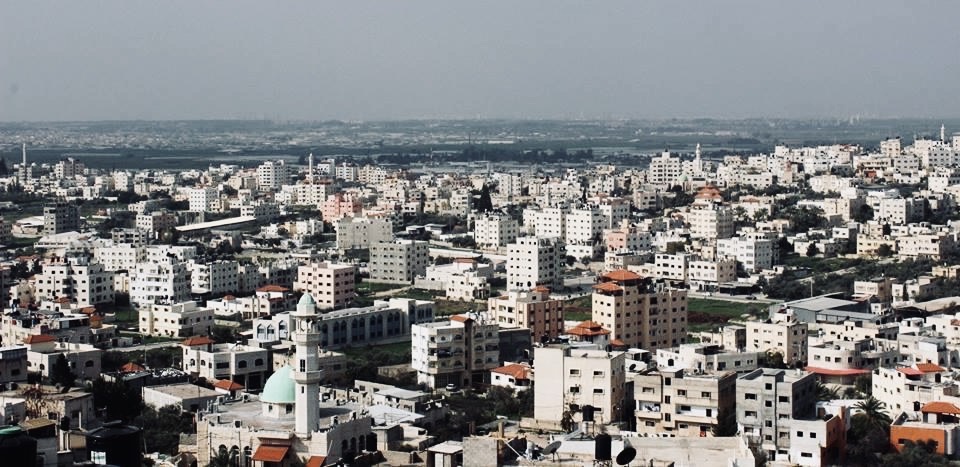As Israel fights Palestinian forces in the Gaza Strip and Hezbollah in Lebanon, Israeli troops have been drawn into a third front in the West Bank, which is inhabited by three million Palestinians and 500,000 Israelis.
In the past few days, Israel has conducted significant counter-terrorism operations in the northern West Bank in a bid to degrade Hamas and Islamic Jihad networks in Tulkaram and Jenin, both of which are hotbeds of resistance to Israel’s occupation and from which about 150 attacks against Israelis have been mounted in the last year.
Israel has launched these raids, the biggest in years, because the Palestinian Authority, Israel’s partner in combatting terrorism in the West Bank, has been unable or unwilling to rein in Hamas and Islamic Jihad, both of which are dedicated to Israel’s destruction.
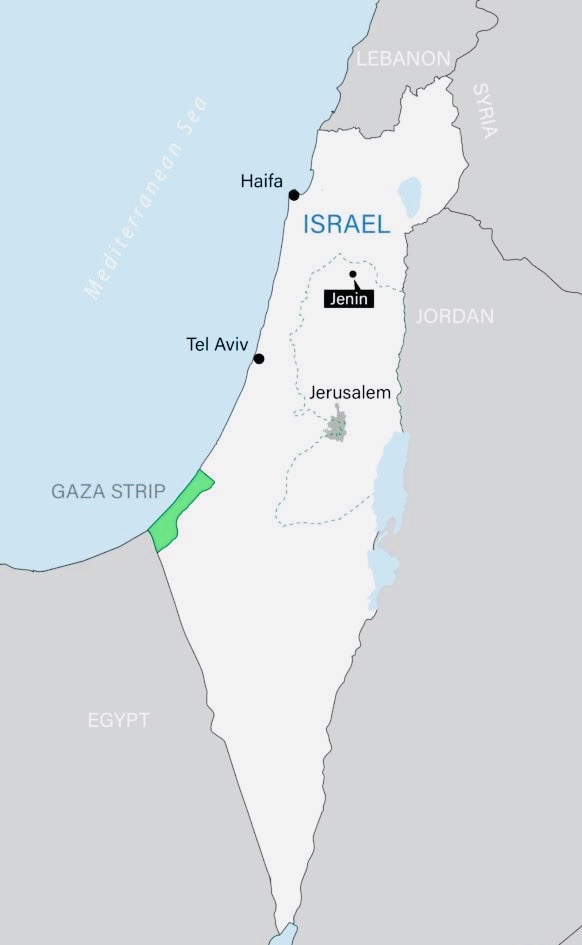
As of August 31, Israel had killed 26 Palestinians, most of whom were Hamas and Islamic Jihad operatives. Among them were Wissam Hazem, the leader of the Hamas network in Jenin, and Mohammed Jaber, the commander of Islamic Jihad’s wing in the Nur Shams Palestinian refugee camp in Tulkaram.
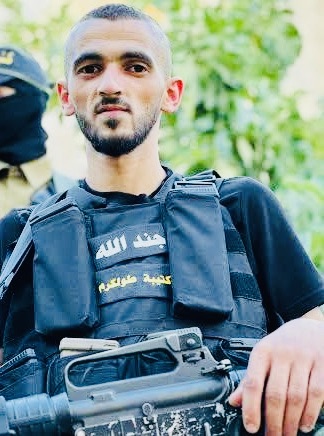
Since October 7, the day Hamas terrorists invaded southern Israel, killing roughly 1,200 Israelis and foreigners and kidnapping 250 people, Israel has carried out more than 60 air strikes in the West Bank, deploying drones, attack helicopters, and fighter jets.
According to the Palestinian Authority, more than 650 Palestinians have been killed since October, the majority in exchanges of fire with Israeli troops or while carrying out attacks against Israelis in the West Bank. Israel has arrested almost 5,000 Palestinians, of whom 1,960 were affiliated with Hamas.
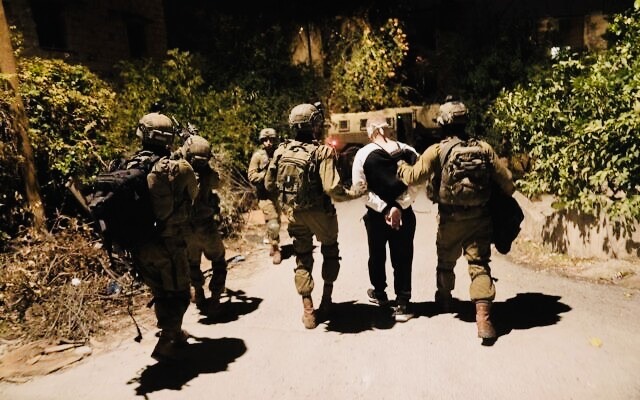
During this period, 31 Israelis, including security personnel, have been killed in terrorist attacks in Israel and the West Bank. In the most recent Israeli fatalities, a soldier was killed in Jenin on August 31, while three police officers were fatally shot in the southern West Bank on September 1.
Nearly two years ago, the director of the U.S. Central Intelligence Agency, William Burns, predicted that a third Palestinian uprising in the West Bank could soon break out. While his prediction has yet to materialize, Palestinian violence has been on the uptick since then.
The latest raids mounted by Israel in the West Bank, a source of tension since Israel captured it during the 1967 Six Day War, were in response to an attempted suicide bombing by Hamas and Islamic Jihad in Tel Aviv on August 18, the first since 2008. The perpetrator, a Palestinian from Nablus, was killed instantly when the bomb in his backpack exploded prematurely, moderately wounding a passerby.
Shortly after this incident, Khaled Mashaal, a senior Hamas official who was the object of an Israeli assassination attempt in Amman in 1997, urged Palestinians to return to suicide attacks, which reached a peak of intensity during the second Palestinian uprising from 2000 until 2005.
Hamas’ resort to suicide bombings marks a tactical shift in its perpetual confrontation with Israel. Until very recently, Hamas depended on rockets to attack Israel. But since Israel’s offensive in Gaza, Hamas’ stockpile of rockets has dwindled, forcing Hamas to seriously consider a return to the status quo ante, which terrorized Israelis.
The Institute for the Study of War believes that Israel’s most recent raids into the West Bank were deemed necessary because previous raids failed to sufficiently degrade Palestinian networks there.
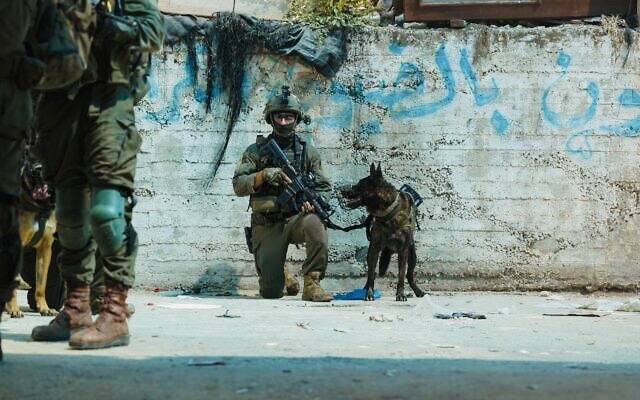
Israel launched its latest offensive in the West Bank on August 28, focusing on Tulkaram and Jenin. Eleven Palestinians were killed on that day, including two in clashes with Border Police, four in drone strikes and the rest in gun battles. The following day, Israeli troops killed five more Palestinian gunmen sheltering in a mosque in Tulkaram. And on August 30, an additional five Palestinians were killed in Jenin.
On the same day, in separate incidents, car bombs exploded at the Gush Etzion junction and at the Karnei Tzur settlement, injuring four Israelis and resulting in the deaths of two Palestinian terrorists.
Palestinian attackers have become bolder and more sophisticated in the last few years, having learned from Hezbollah to plant improvised explosive devices under roads used by the Israeli army. These devices are assembled locally from dual-use materials such as agricultural fertilizers, acetone and hydrogen peroxide. To counter this threat, Israel has sent in armored D9 bulldozers and backhoes into towns and refugee camps to break up the upper level of roads and pathways.
This is not the only problem Israel faces.
Iran, Israel’s deadliest foe, has been using Bedouin criminal gangs to smuggle weapons — rocket-propelled grenades, assault rifles, handguns and anti-tank missiles — into the West Bank from Jordan and Syria.
Until a few months ago, this operation was supervised by General Mohammed Reza Zahedi of the Islamic Revolutionary Guards Corps. He was killed, along with several colleagues, when Israeli aircraft bombed an annex of Iran’s embassy in Damascus on April 1. This led Iran to fire more than 300 rockets and drones at Israel on April 13, in Iran’s first direct attack on Israel.

Jordan and the Shin Bet, Israel’s internal intelligence agency, have seized some of these shipments in the past two years.
Fatah, the Palestinian faction that dominates the Palestinian Authority, has accused Iran of “exploiting” Palestinians for its own ends.
Iran’s smuggling operation has helped Palestinians in the West Bank loyal to Hamas and Islamic Jihad to manufacture rockets for use against Israel. While they are still on a primitive level, they are bound to improve over time, a process that occurred in Gaza from 2000 onward.
Last year, Palestinians in the northern West Bank affiliated with Hamas and Islamic Jihad fired several rockets at Afula, Bat Hefer and nearby settlements in the West Bank. While the launches were unsuccessful and caused no damage, they confirmed Israeli fears that militant Palestinians are working day and night to challenge Israel’s occupation of the West Bank and to sow the seeds of its destruction.
